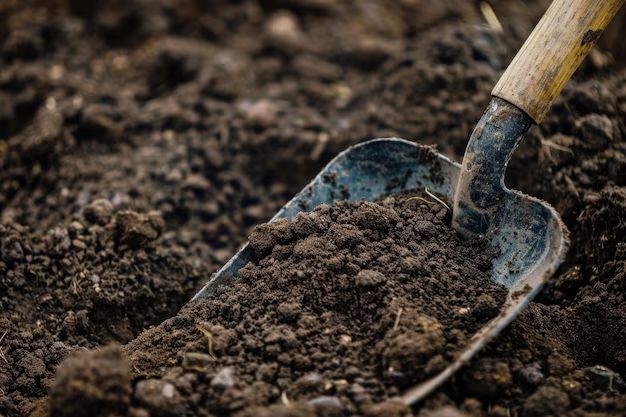Marriage as Manna, Part 4
- By Jon Hagen
- •
- 01 Nov, 2018
Neither Marriage Nor Manna is The Thing Itself

| I'll never forget the scene at my mother's funeral. A well-meaning individual approached me in what I believe to be a sincere attempt to provide comfort. But oh, what came out! The person said, "Isn't this a good thing? Gladys has been grieving Andy for the past year, and now they're together again." Or something like that. I can't remember the exact words because I was dumbfounded at the comment. Gladys and Andy are back together again? I get the sentiment, but is that how their ever-after story ends?
In this final installment of Marriage as Manna, we know at least one thing is certain of all marriages that last a lifetime: they die. "Your fathers ate the manna in the wilderness, and they died" (John 6:49). The manna God provided for the Hebrews between their years of slavery and the Promised Land was "not the true bread from heaven" (John 6:32) since the life it was given to support was a mortal one.
As I've said in previous editions of this series, if either spouse in marriage expects or tries to get something eternally significant out of their partner, such pressure will crush the relationship. When God gave His people manna, He was very clear to indicate that while it was a gift of grace, something beautiful and sweet, manna in itself could never support celestial expectations. Neither manna nor marriage is intended to be the thing itself; both are analogues, symbols, facsimiles, of something much more profound.
For Christian marriages, we believe Jesus when He says, "I am the bread of life; whoever comes to me shall not hunger, and whoever believes in me shall never thirst. I am the living bread that came down from heaven. If anyone eats of this bread, he will live forever" (John 6: 35, 51). What can we gather from verses like these, and how do they relate to marriage?
~ In Moses' day, while the Israelites were in the wilderness, manna fell as fully-formed bread. Manna was not a seed to be planted; it came right from the oven each morning. Fresh and sweet. The Hebrews, together, had to gather it day by day. Healthy Christian marriages learn how to eat the true Manna together on a daily basis because they understand it to be the life-giving source of grace to get through the challenges of wilderness living.
~ We do this by understanding that Jesus is more than a truth to believe; He is a person who means to be engaged and experienced. I doubt the Israelites went to bed at night saying, "I bet there's gonna be some of that manna on the ground in the morning" and then open the flap of their tent the next day and say, "Yep, there's that manna alright. Let's just leave it there." Once the manna was revealed, they had to go out and get it. And once they gathered the manna, they still needed to internalize it. In Hebrew, the word "manna" is a question that asks, "What is it?" Since we now know that Jesus is the true Manna, we should frequently ask the question, "Who is it?" The process of regularly asking probing questions and acquiring answers is the pathway to internalizing a belief.
~ The way you set yourself up to ask fresh and probing questions is to regularly position yourself to have rich experiences with the Manna. More experiences create more questions. Maturing Christian marriages worship and serve Christ in public and private, and then they talk about it with each other; they regularly pray together, asking their Father for specifics, and then witness Him work in such a way that their faith is strengthened and united; they regularly confess, repent, and seek forgiveness of their offenses to others and each other, and then talk about it to where their trust in each other and in Christ is strengthened.
Because the true Manna says, "Taste and see that the Lord is good! Blessed is the one who takes refuge in Him! (Psalm 34:8). |
| |
|








